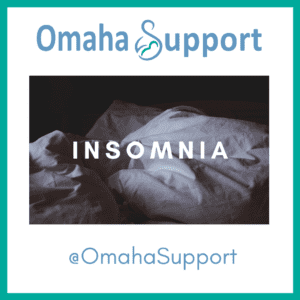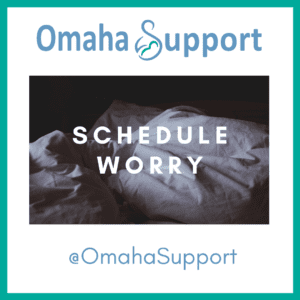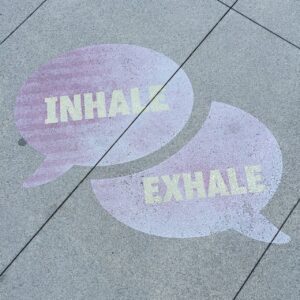Insomnia gets the best of us
 Insomnia happens to the best of us.
Insomnia happens to the best of us.
The world is crazy right now. Anxieties are high. It can make sleep nearly impossible.
I have had insomnia off and on since I became a mother. It was one of the most radical changes I noticed.
Sometimes it annoys me that I can’t just fall asleep and stay asleep like my husband (and it annoys him too….).
Not sleeping: too much to think about
There you are settling down for sleep. 🛌 You’re tired but suddenly all of life starts creeping into your mind.
It’s amazing the number of things you think about you when you aren’t sleeping right???
The thing about worrying is: there is no end. You could literally worry for hours on end and nothing would change.
So here’s an idea to try:
Schedule your worry
 Ideally at least 2 hours before bed. Then when worries crop up, you can tell yourself, that you’ve scheduled a time to worry about it. Give it a shot and see if it works for you.
Ideally at least 2 hours before bed. Then when worries crop up, you can tell yourself, that you’ve scheduled a time to worry about it. Give it a shot and see if it works for you.
And like you have heard a bazillion times, put down that phone and stay off social media.
Okay so if you’re on the internet reading tips for insomnia…then
Insomnia tool kit: pen, paper, red bulb
 Having somewhere you can jot things down in the middle of the night, or as you are trying to fall asleep, can make a big difference.
Having somewhere you can jot things down in the middle of the night, or as you are trying to fall asleep, can make a big difference.
But don’t be tempted to just keep your phone handy. There is way too much stimulation there. Even if you have it set on night setting so the lights don’t bother, there is notifications and emails and entertainment.
Just use a notepad. And if you can get a red light bulb for a nightlight.
Don’t ruminate on things. Even if it is just writing down what you want to worry about in your next worry time.
Morning breath? Or best trick for insomnia
 Deep breathing techniques are little magic tricks. There are lots of different ways to practice deep breathing, find one that works for you. Below is a simple one I use. I am a fan of keeping it simple.
Deep breathing techniques are little magic tricks. There are lots of different ways to practice deep breathing, find one that works for you. Below is a simple one I use. I am a fan of keeping it simple.
Try to do them throughout the day but especially at night.
It works best if you practice it whenever you are already relaxed. That way you associate the deep breathing with feeling relaxed.
But even if you’ve never practiced it, start tonight if you are having trouble falling asleep.
Then make it part of your routine.
Do it before bed and anytime you can’t go back to sleep easily after being woken in the middle of the night (baby or bladder).
Try this:
Inhale for 4, hold for 4, blow out through a straw for 8. The slow exhale is the key.
And repeat.
Pay attention to anything but insomnia
This one is called noticing. And this is one that works very well for me.
It is also helpful with anxiety.
The idea behind this is pretty simple: When you’re lying in bed, you are usually not aware of the feel of your bedding on your body. This is a useful thing our brain does so we aren’t constantly aware of our clothes and the feel of the floor/chair/bed.
So you turn your attention to your toes. Without moving them, feel the sheet touching them. Then slowly move up your body noticing how the bedding feels. Pay attention to the weight, temperature, smoothness…etc.
Progressive muscle relaxation never really worked for me but you could try that as well.
Or you can try counting backwards from 1000 by 7s, or some other simple math trick.
Anxiety and sleep
One of the best indicators of how you are doing is how well you are sleeping.
So if you find yourself really struggling with being able to go to sleep, even if baby is sleeping, please reach out or schedule an appointment with your medical provider.
There are many tools to help with insomnia and talk therapy can be one of several things that may help you.

